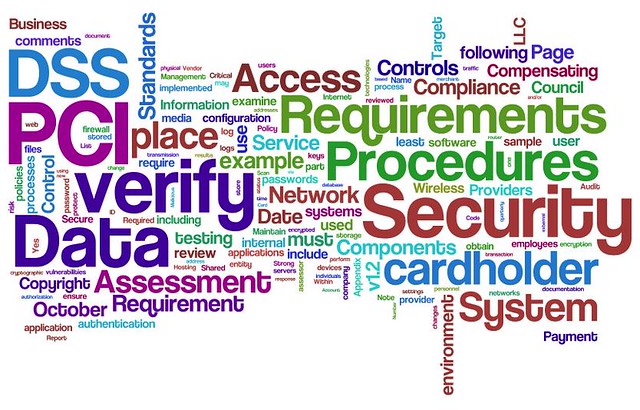Now some of you may be wondering, what’s Aunt Eller got to do with it?

Well let me tell you, if you want to be self-published – in fact, if you want to do anything in this world different from the way the world’s used to doing it – you gotta be hardy. Allow me to illustrate…
Plan A for Restoration Day ebook distribution was to go with the same people who are distributing the paperback. The author’s share wasn’t great, considering the low overheads associated with ebooks, but for width of distribution it would be hard to beat. And then I read the terms and conditions, and discovered… DRM – Digital Rights Management, also known as Digital Restrictions Management; or as Chuck Wendig calls it, the Devil’s Restrictive Manacles. If you’re looking for a less colourful explanation of why it’s bad, check out Let’s Get Digital by David Gaughran.

Moving on! Plan B looked very promising. Indeed, Plan B went from pretty good to almost perfect overnight, when they added one of the biggest marketplaces in the world to their distribution network. I was all ready to go… until I found that they don’t accept Creative Commons works.
Why? Because the retailers allegedly won’t take them, apparently because some people have complained after finding that they paid money for something they could have downloaded for free. I tried to reason with them, but to no avail. Plan B was dead in the water, so I laid out my options with their pros and cons and dealbreakers.
Plan C… Ah, Plan C. Sell on our own website, with a couple of natty plugins. It could have been the best yet, but tragically it turned into a sort of pass-the-Tardis-parcel of paperwork, where as you remove a layer, you discover an even larger layer inside. The straw that broke the camel’s back was not the requirement of setting up a new bank account, or even setting up a formal partnership between myself and my husband, with all the paperwork that entailed.

Now, let’s be clear: I’m not against web safety, not at all. I’m all for people not having their financial information stolen and used to benefit a bunch of crooks (because who else steals financial information?). I just don’t see why you need dozens of policies and procedures to protect the credit card information which isn’t being processed on your site.
That’s right: all that to protect the information which we wouldn’t even have. Enough is enough – and who is to say that that was the last layer? Apparently the first rule of the financial world is Don’t Talk About the Next Layer – in fact, don’t even suggest there are layers. It’s super simple! You’re nearly there…

You gotta be hardy. You just gotta be.
Ladies and gentlemen, friends and supporters of all shapes and sizes, I am both happy and relieved to announce that the Restoration Day ebook is finally available to the world.
Yes, if you visit this Givealittle page you can make a donation towards my ongoing existence as a writer and Person Who Eats, and receive in return a download link for the ebook. Yay!
And while you’re there, check out some of the other pages – there are many deserving causes up for support on Givealittle. Because some people have got it much worse than Plan D.





